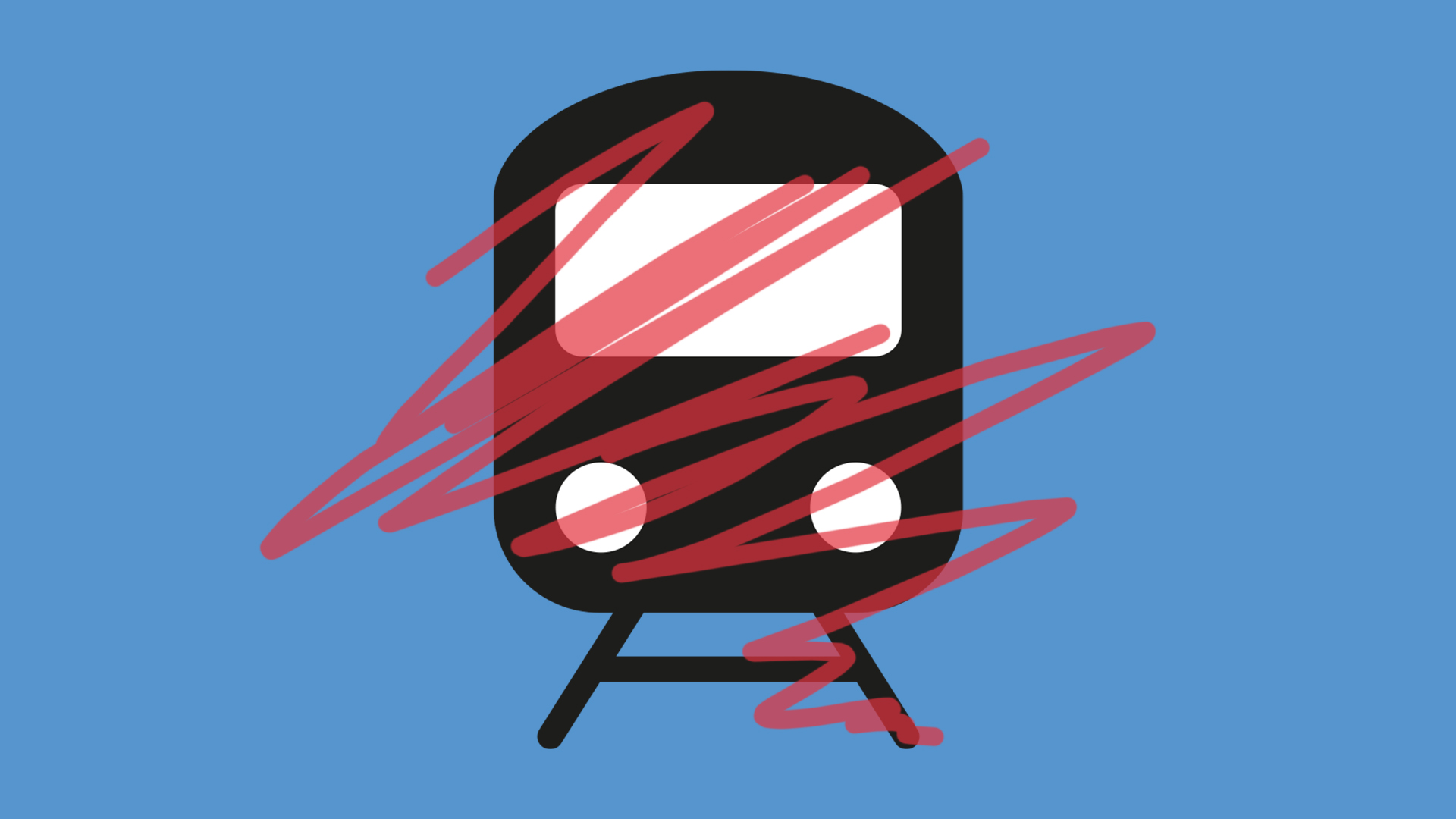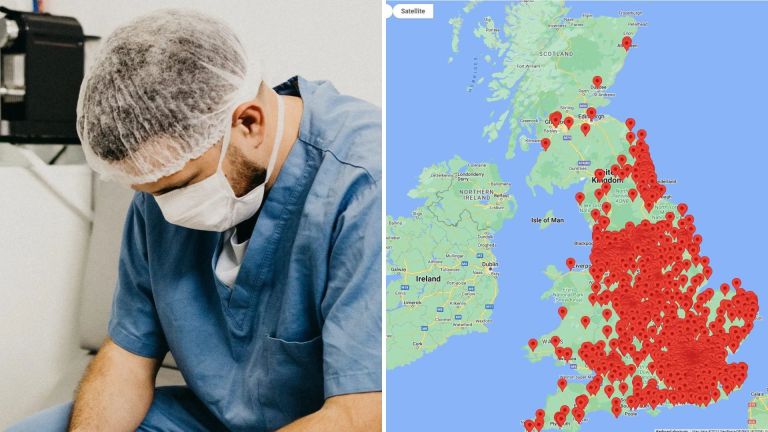“As an industry, we now have more drivers than before 2018, and we’re also actively recruiting more drivers, which should help to reduce the number of cancellations.”
The data tells a slightly more complicated story. Train cancellations caused by drivers during the pandemic and during the period of strike action, which has been ongoing since June 2022, were high. But they were also high before this period.
A representative from the train drivers union Aslef said: “There are two ways out of this problem. The first is to employ enough drivers to service the passengers and run the services you say you’re going to, the short term is simply to offer overtime. If drivers don’t want to work that overtime, or if there’s an overtime ban in place, then to use a technical expression, as a train company you’re fucked.”
Although a large percentage of the trains cancelled over the past five years have been due to drivers, that is by no means the only cause.
There are many, many reasons why your train could have been cancelled, with each cancellation being given a code explaining the reason, decided by an industry body called the Delay Attribution Board. They use a system of flow-charts to help train companies best describe why a train has been unable to run some or all of its service.
This includes things like ‘train striking or being struck by a bird’, ‘adhesion problems due to leaf contamination’ (leaves on the line) and lightning strike. While these are all used relatively rarely, there are some reasons that crop up again and again (and again).
Because the system is used by the train industry, many of the reasons given are technical in nature, and described using jargon. A ‘solebar’, for example, joins the wheels to the main body of the train. Problems above or below the solebar, both of which have caused significant cancellations, can mean anything from engine trouble to issues with the wheels.
The system also uses the word ‘asset’ to mean everything the train companies own or use, including trains, stations, the track, signalling equipment, all cabling, overhead electricity lines, poles or anything else along the train routes.
Over half of the top ten causes of cancellation are because of issues with train infrastructure. This also encompasses issues with the track and points failure. Infrastructure problems in the top 10 alone have caused 16% of all cancellations in the past five years.
A shocking number of trains have also been cancelled because of fatalities. It’s important to understand that doesn’t mean almost 70,000 people have been hit by trains in the past five years, but that multiple trains have been cancelled due to the same incident.
Trespassers on the track may well have been the reason your train was cancelled, as just one trespassing incident can cause cancellations for many trains afterwards. According to Network Rail, if someone is spotted on the tracks, all trains in the vicinity need to be stopped in order to ensure there is nothing blocking the tracks and the person is not in the way.
While drivers are the predominant cause of cancellations, staffing issues in general are also a major problem. If you combine the trains that didn’t run due to drivers, train-crew rostering problems and the cancellations due to a lack of train conductor or manager, you find that they caused almost a fifth of all train cancellations in the last five years.
A Network Rail spokesperson said: “We are committed to running a safe and reliable railway and understand delays can be very frustrating for passengers, which is why we do everything we can to prevent them and provide information that is useful and up-to-date.
“We work closely with train operators to get essential travel information as quickly and efficiently as possible. For any passengers planning journeys we advise they check before they travel by visiting National Rail Enquiries.”
Eleanor Gunn is a member of The Big Issue Breakthrough team.
This article is taken from The Big Issue magazine, which exists to give homeless, long-term unemployed and marginalised people the opportunity to earn an income. To support our work buy a copy!
If you cannot reach your local vendor, you can still click HERE to subscribe to The Big Issue today or give a gift subscription to a friend or family member.
You can also purchase one-off issues from The Big Issue Shop or The Big Issue app, available now from the App Store or Google Play









